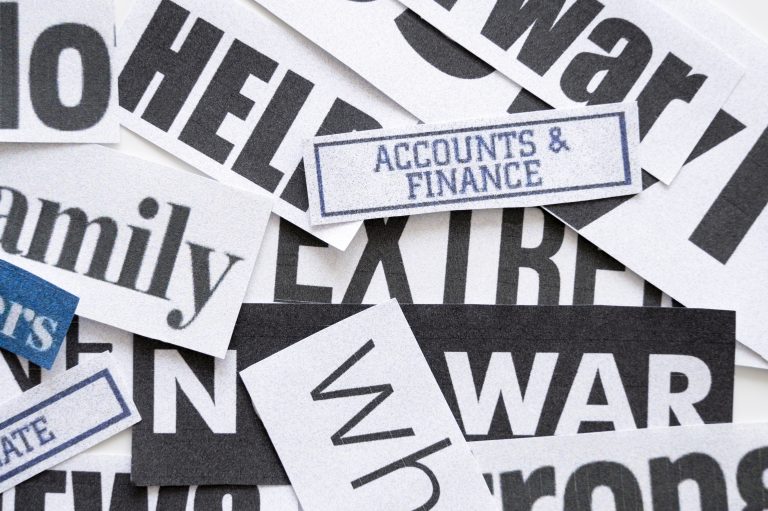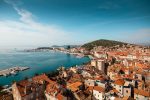The Czech Republic has improved by seven positions year-on-year in the latest World Press Freedom Index (WPFI), reaching 10th place. Slovakia, on the other hand, dropped nine places to 38th out of 180 countries assessed in the index, which was compiled by Reporters Without Borders (RSF).
As was the case a year ago, Norway ranked first, while Eritrea remained the lowest-ranked country in the index.
While physical attacks on journalists are the most visible violation of press freedom, economic pressure is a more serious and hidden problem, RSF warn.
The RSF World Press Freedom Index’s economic indicator fell to its lowest level ever in 2025, according to the report. For the first time ever, RSF have rated the global state of press freedom as “in a difficult situation”.
Press freedom is declining alarmingly in many parts of the world, they say, and economic pressure is a significant factor that is often underestimated. Today’s media are caught between trying to maintain independence and surviving economically, RSF conclude from their data.
The report cites the concentration of media ownership, which it rates as worrying even in the countries that rank high, including the Czech Republic. It also cites pressure from advertisers and financial backers, and limited or non-transparent public financial support.
The funding of public media has become a crucial test of how countries support their media environment, say RSF. The Czech Republic has chosen to strengthen the sustainability of public media budgets, unlike Germany, which is ranked 11th, and France, which is 25th, according to the organisation.
The situation in Palestine, which is ranked 163rd, is catastrophic, according to the organisation. The Israeli army has killed nearly 200 journalists in the Gaza Strip, destroyed media offices, and imposed a blockade on the enclave that has lasted more than 18 months, RSF said in its report. Israel fell 11 places to 112th position.
Palestine is among the 42 countries where RSF classify the state of press freedom as “very serious”. In these countries, which together represent more than half the world’s population, press freedom is lacking and the journalism profession is particularly dangerous. Hong Kong, for example, was newly included in this category this year.
Independent media in Europe and Central Asia are facing an unprecedented economic crisis, the organisation says, compounded by the sudden freeze in the US financial aid and the growing influence of Russian propaganda. In particular, the suspension of funding for Radio Free Europe/Radio Liberty (RFE/RL) and the US Agency for International Development (USAID) by the administration of US President Donald Trump has further weakened the vulnerable sector, say RSF.
In the case of Ukraine, which is ranked 62nd on the list, some 90% of newsrooms survive thanks to subsidies, primarily those from the United States, according to RSF, who add that the withdrawal of this aid threatens reliable reporting on Russian war crimes.
Norway is followed at the top of the rankings by Estonia, the Netherlands and Sweden. Alongside the Czech Republic, Finland, Denmark, Ireland, Portugal and Switzerland also made the top ten. The United States dropped two places to 57th, while Russia fell nine places and is now 171st.
Reporters Without Borders and the Ferdinand Peroutka Society presented this year’s World Press Freedom Index at a press conference at the CTK Press Center on Prague’s Opletalova at 9:30 this morning.








